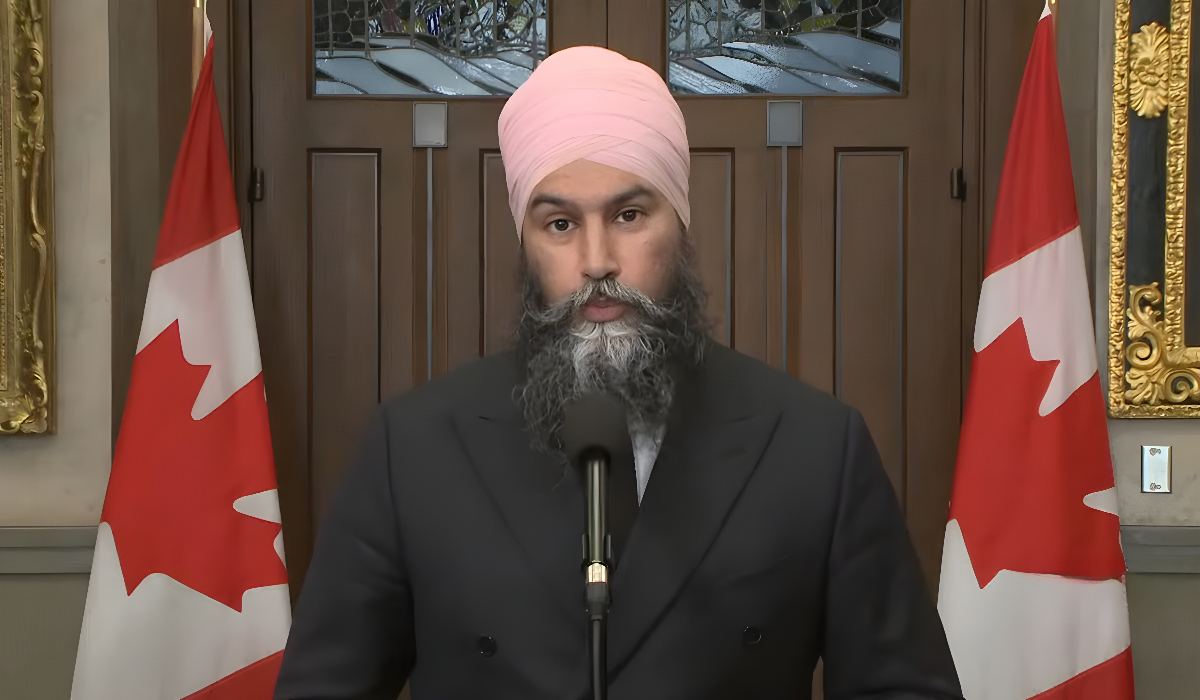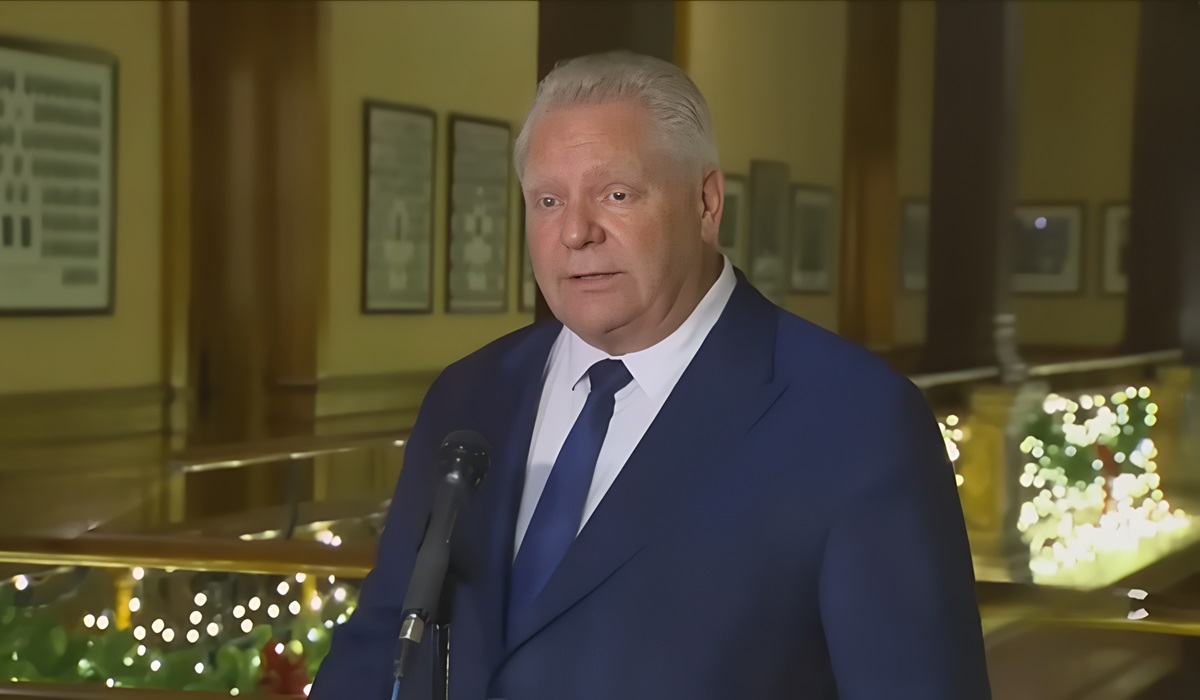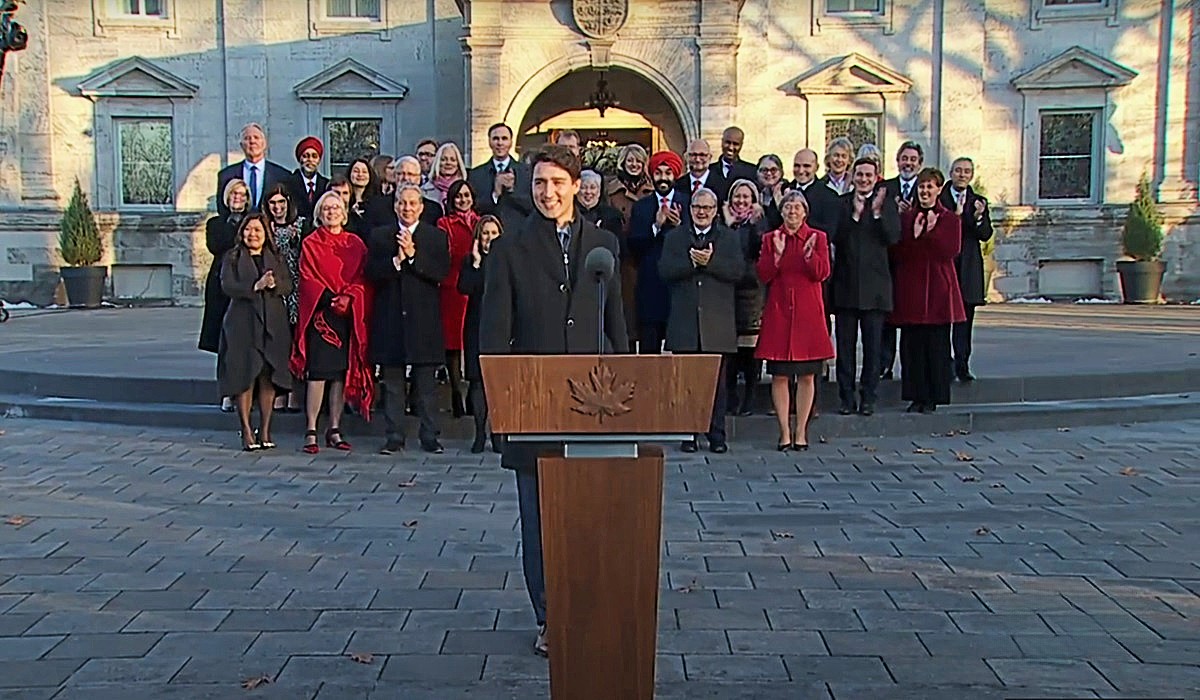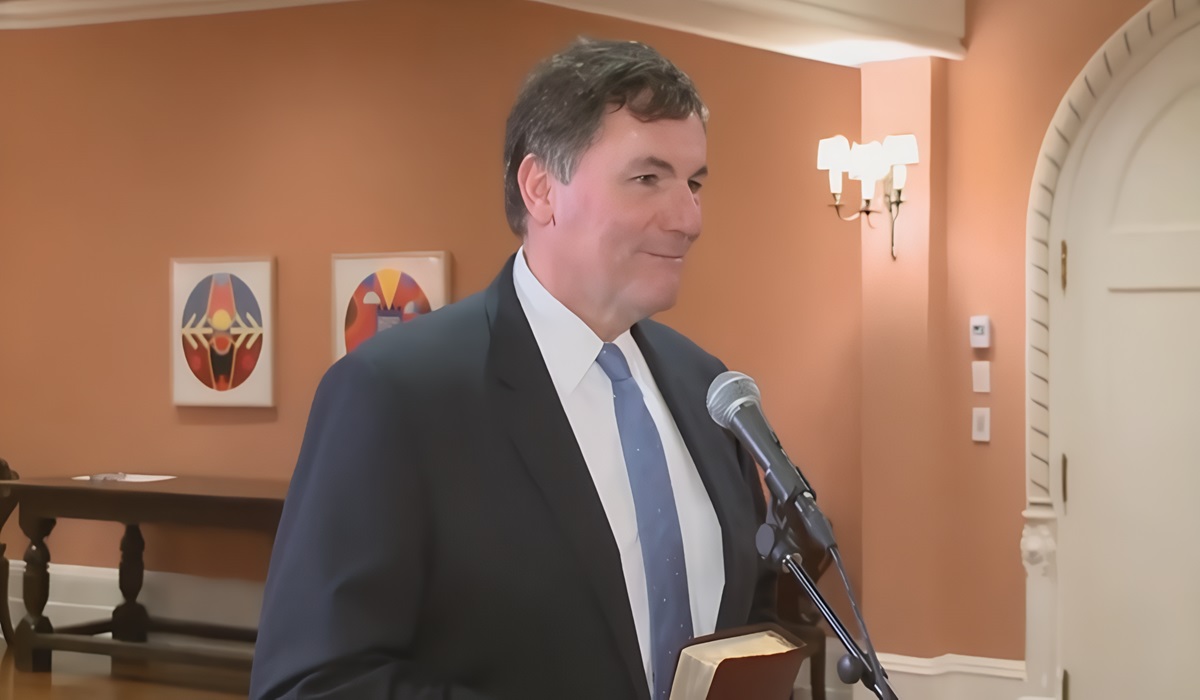Singh’s Pension: Merit to Poilievre’s Claim on Keeping Liberals Afloat?
- Ingrid Jones
- Canada
- July 24, 2024

Conservative leader Pierre Poilievre recently made headlines by asserting that NDP leader Jagmeet Singh’s continued support for the Trudeau government is driven by Singh’s impending eligibility for a full government pension. While Singh has vehemently denied this claim, Poilievre’s point warrants a closer look at the financial incentives at play.
Members of Parliament (MPs) in Canada earn a base salary of $203,100, significantly higher than the average Canadian income. This substantial salary is a considerable financial incentive for any MP to remain in office. Additionally, MPs do not pay federal income tax on their earnings, further enhancing the attractiveness of their compensation.
Beyond the base salary, MPs receive additional compensation for various roles. Party leaders, committee chairs, and other parliamentary positions come with salary increases. For instance, the leader of the NDP receives an extra $62,900 annually, bringing Singh’s total salary to $266,000. Committee chairs and other key roles can add tens of thousands of dollars to an MP’s annual earnings.
Moreover, MPs who serve for at least six years qualify for a full pension, which averages around $73,500 annually. This pension comes with comprehensive benefits, making it one of the most lucrative retirement packages available for such a short period of service. No other profession offers such an advantageous deal for a mere six years of work.
Poilievre’s suggestion that Singh might prolong his support for the Liberal government to reach the pension threshold is therefore not entirely implausible. The financial security provided by the parliamentary pension is significant, and Singh is on the cusp of qualifying. Walking away from such a package, especially just a year before an election, would mean forfeiting substantial financial benefits.
Moreover, MPs who are not re-elected receive a “golden parachute,” which typically amounts to about half of their salary. This severance cushion further underscores the financial considerations that can influence political decisions.
While the NDP has legitimate policy objectives they wish to accomplish by supporting the Liberal government, the proximity to pension eligibility adds another layer of motivation. It’s a realistic consideration for any politician in Singh’s position to keep the government afloat a little longer to secure this personal financial milestone.
Poilievre’s remarks, though politically charged, highlight a valid point about the intersection of personal and political incentives. The structure of parliamentary pensions can indeed influence MPs’ actions, particularly as they near eligibility. Singh’s immediate dismissal of Poilievre’s claims does not negate the underlying truth that financial incentives are a powerful factor in political decision-making. The debate over MPs’ pensions and their potential impact on political behavior is likely to persist as the January 2025 threshold approaches.








